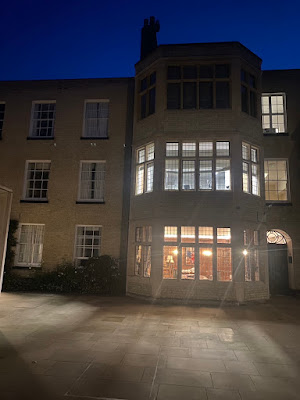Interesting facts?: Reflections on 'Lark in my heartbeat'
Just over seven years ago, Cambridge University Press published my book of reflections on psycholinguistics, titled (mundanely enough) 'Reflections on Psycholinguistic Theories: Raiding the Inarticulate', the faint nod towards T.S. Eliot’s Four Quartets being the most that my editor would allow as to its true nature. It is fair to say that the book was both a critical and commercial failure (though the same editor noted that, with over 4000 downloads, the work was no less successful than many academic texts). It was not so much panned as ignored. On reflection (!), I understand many of the reasons why, chief among these being that it is neither a textbook nor a monograph, nor yet a book for the lay reader ( "...didn't make heaven...didn't make Harrisburg, [it] died in a hole in between." Josh Ritter, Harrisburg ) Still, what I regret most about the book is not that it was "neither fish nor flesh" , but that I did not carry the Liberal Arts proj...







